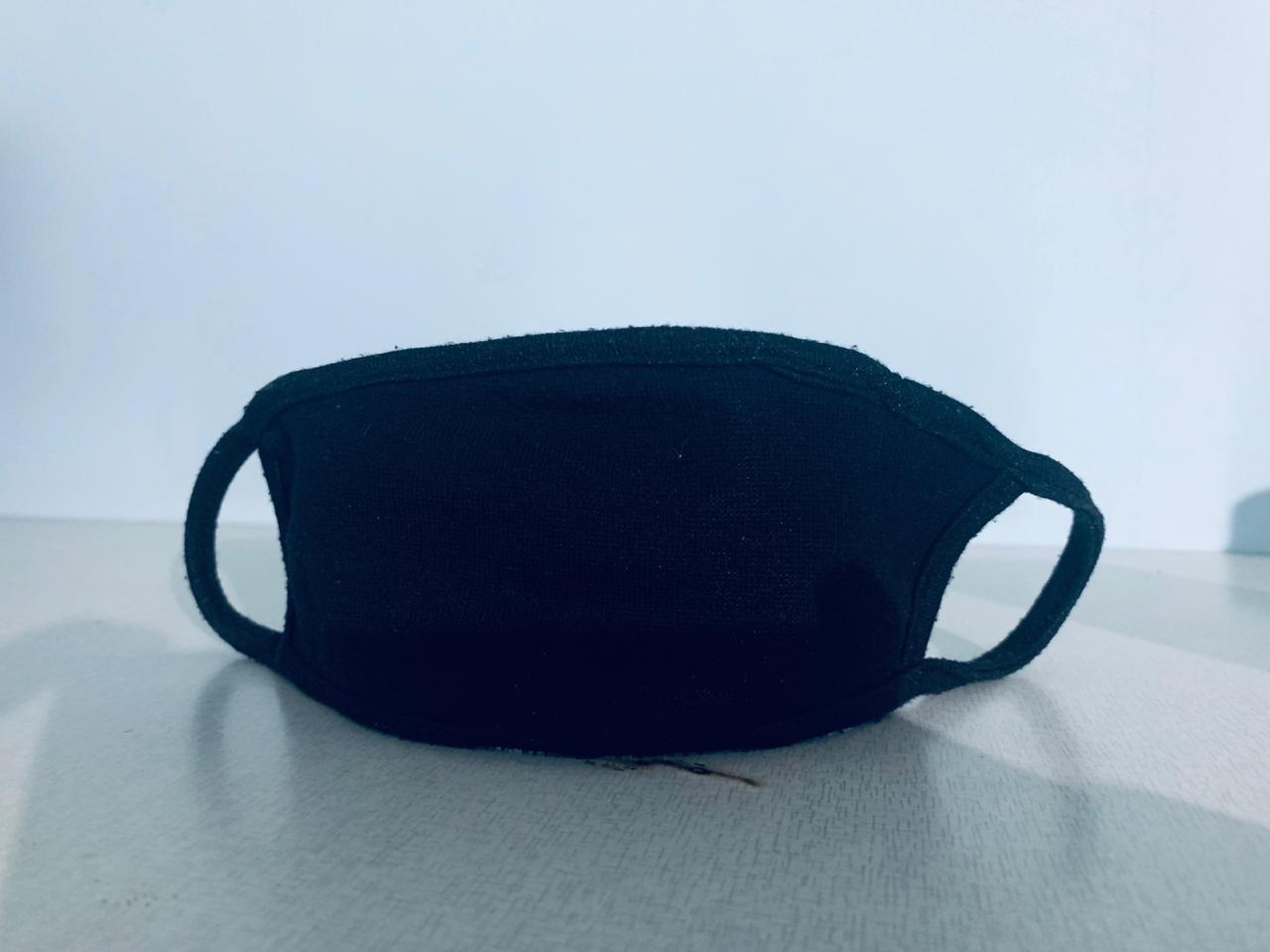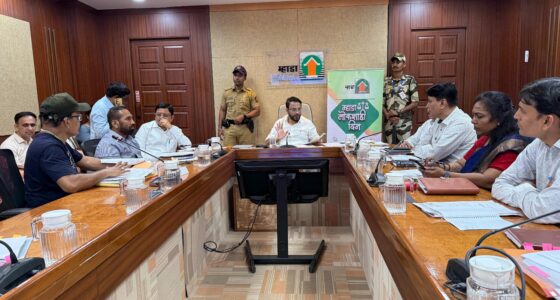Societies in Mumbai are coming up with new clauses in the wake of COVID 19. While many are deferring maid services, there are few who say maids should get COVID 19 test done.
By Varun Singh
Housing societies are coming up with new clauses to counter COVID 19. Many societies in Mumbai have barred from using services of maid.
But those which are allowing have rules laid down. A Worli society sent all its members a two page do’s and don’ts.
One of the clauses says, “Members desiring of bringing in full time maid may do so, provided they obtain a negative COVID test report. In the absence of a test report, the concerned member’s family and the servant maid would have to observe a 14-day quarantine program.”
Many societies has barred entry for maids who visit on a daily basis to come to work.
Meanwhile, certain societies have allowed maids. A housing society in Colaba has allowed maid to report to work. Before that they got their COVID test reports.
Hoshang Jokhi, a Colaba resident said, “Our building was sanitized twice, during the lockdown. First time it was carried out as maids who were coming initially were from areas where there were COVID positive cases.”
Following this, the society then carried out a second sanitization after a case was reported within the society,
Jokhi says, “After that each and every maid in my building were told to do a COVID test and get reports which was seen by tenants whom thy were visiting.”
Two different housing societies based out of Kalina and Mulund decided that they won’t allow maids till June 30. In Maharashtra the lockdown has been extended till June 30.
Also Read: Staff to report once a week or face pay cut: Maha Govt
Several societies have also barred maids from coming to work citing old people and infants.
A member of a Thane based housing society said, “Some people want that maid be allowed, but then in meeting society has said no.” This society has many senior citizens residing.
What does the law says?
According to Adv Vinod Sampat, in most of the properties society is not the owner. “There is almost in all cases no meeting of general body authorising managing committee to ask for COVID tests. In my opinion it is an act of abuse of power. It is not known under what provisions of law such documents can be asked by society,” he said.
Many societies are also barring visit by friends and relatives. Sampat says, “In one case at Ghatkopar East even brother was not allowed to visit. They forced the member to go for quarentine in a hospital. They did not accept his request to be quarantined at house stating that it can effect health of members.”
Though many residents have come in support of societies imposing an entry ban or COVID test report for maids during these times.
Prateek Oberoi a resident of Kalina said, “Domestic help are almost essential services. At least for the stranded senior citizens. That said- societies and gated communities are correct in restrictions given the relatively higher number of cases in slums maybe. Some are conducting test to allow domestic helps in and some are requesting members to permanently station domestic help. On hindsight it’s a good period to probably get more self reliant and self efficient.”
Also Read: Back after a brush with COVID 19.







